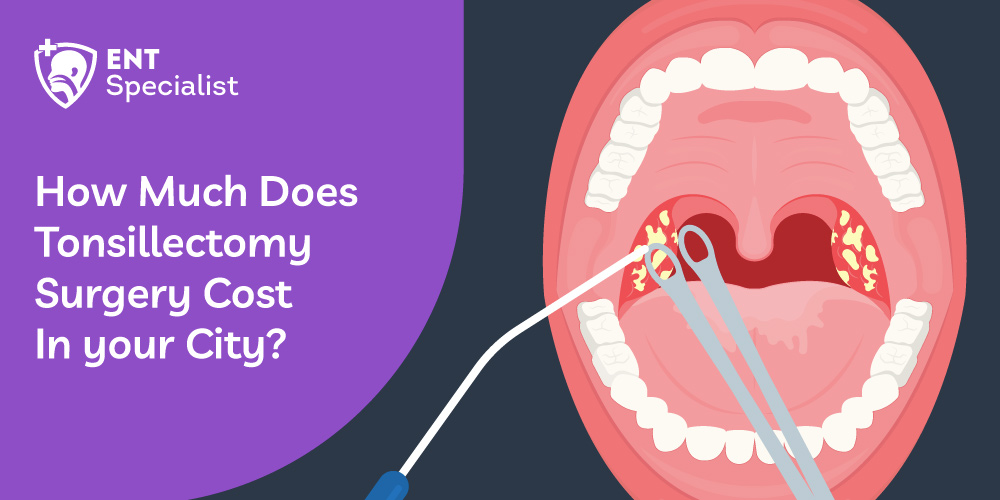Different Stages of Tonsillitis
Almost every person probably gets tonsillitis at least once in their life. After that, the body builds up immunity against bacteria and infection. At different stages of life, the severity of tonsillitis also varies. And depending on the severity, the method of treatment is also different. The different stages are:
- Acute Tonsillitis – When the inflammation in the tonsils only lasts for 10 days or less, it is considered acute. It can be resolved easily with home remedies or by using antibiotics.
- Chronic Tonsillitis- In case the inflammation lasts for longer than 10 days, the condition is considered chronic. It increases the chance of tonsil stones too in which the dead cells, saliva, and food start to build up in the tonsil crevices. Eventually, the deposits become hard and turn into small stones. Home remedies or antibiotic treatment is not effective for this condition and you’ll have to undergo surgery.
- Recurrent Tonsillitis- A tonsillitis is said to be recurrent when the patient develops a sore throat 5 to 7 times a year or tonsillitis occurs at least 5 times each in the previous two years. It usually happens due to biofilms in the folds of the tonsils. It is a community of microorganisms with increased antibiotic resistance due to which the patient suffers from recurrent infections.
Whether you have acute, chronic, or recurrent tonsillitis, it is important that you seek help from ENT specialists and get proper treatment for the disease.
What is the difference between tonsillitis and strep throat?
Tonsillitis and strep throat are two terms that are often used interchangeably, but this is very wrong. You can get tonsillitis without having strep throat. The bacteria Streptococcus is one of the causes of tonsillitis and is also responsible for strep throat. But tonsillitis can also be caused by other bacteria and viruses.
Both conditions are contagious and have almost similar symptoms. But people with strep throat will have some additional symptoms like body ache, small red spots on the roof of the mouth, swollen and red tonsils with white streaks of pus. In extreme cases of strep throat or tonsillitis can lead to complications like scarlet fever, kidney inflammation, or rheumatic fever.
The major difference between strep throat and tonsillitis is that if you have strep throat, it can be treated with medications and lifestyle changes. But if you have tonsillitis which is chronic or recurrent, you may have to undergo a surgical procedure for the removal of these lymph nodes.
Discuss Your Treatment Options for Tonsillitis with the Help of ENT Specialists
Instead of using self-care methods that may or may not be effective in treating tonsillitis, the ideal thing to do is to consult an ENT specialist. You can get in touch with our medical experts and discuss your problem in detail. Our doctors will diagnose you thoroughly and suggest plausible treatment options for the condition.
If possible, the doctor will prescribe medications to treat the infection. If not, then as a last resort, the doctors will recommend tonsillectomy which is the procedure performed for permanent removal of tonsils. Under the care of our ENT surgeons, you will get advanced medical care without any compromise. Our doctors will help you resolve the problem once and for all safely and effectively.
Prevention Tips
Tonsillitis is a condition that arises due to viral or bacterial infections. And this infection is contagious. Hence, it is important that you practice good hygiene. This way, you can prevent the condition from developing in the first place.
- Wash your hands thoroughly and frequently, especially after eating, urinating, or bowel movements.
- Do not share your food, drinking glass, utensils, or even water bottles.
- Replace your toothbrush once you’ve been diagnosed with tonsillitis.
- Stay at home and avoid contact with others until the inflammation subsides.
- Always sneeze or cough on a tissue and throw it out afterward.






